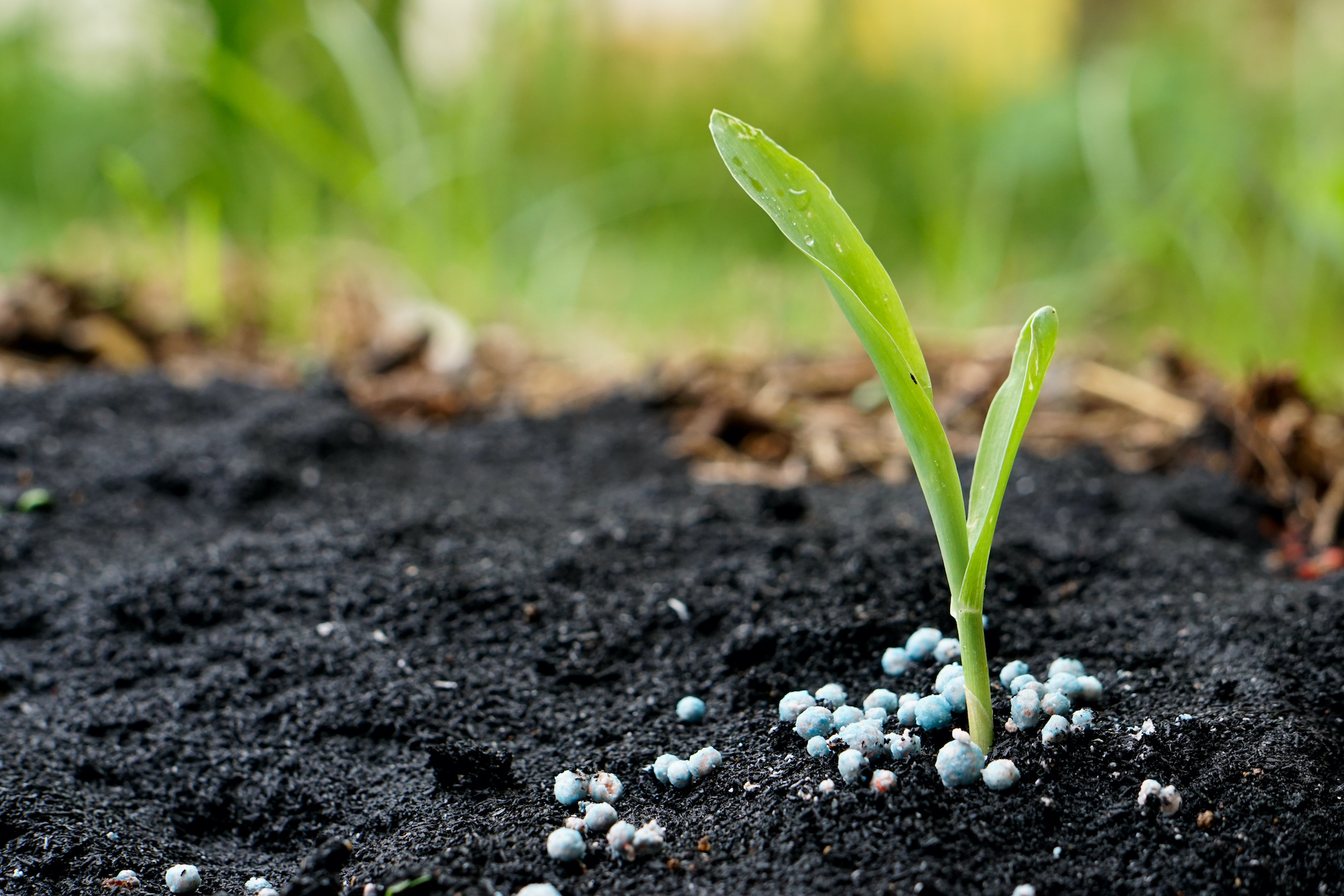

Articles
What Does Plant Fertilizer Do
Modified: October 28, 2024
Learn how plant fertilizer works and why it's essential for healthy growth. Read informative articles on the benefits and types of plant fertilizers.
(Many of the links in this article redirect to a specific reviewed product. Your purchase of these products through affiliate links helps to generate commission for Storables.com, at no extra cost. Learn more)
Introduction
When it comes to cultivating healthy and thriving plants, one of the key elements is providing them with proper nutrition. Just like humans need a balanced diet to grow and function optimally, plants also require a variety of nutrients to support their growth and development. This is where plant fertilizers come into play.
Plant fertilizers are substances that are added to the soil or applied directly to the plants to provide essential nutrients that may be lacking in the natural environment. These nutrients are vital for plants to carry out essential functions such as photosynthesis, root development, flower and fruit production, and overall resilience to diseases and pests.
In this article, we will delve into the benefits of plant fertilizers, the different types available, the nutrients they contain, how they work, as well as practical tips for their application. Whether you’re a seasoned gardener or just starting your green journey, understanding the role of plant fertilizers is crucial for nurturing healthy and vibrant plants.
Key Takeaways:
- Plant fertilizers are essential for promoting vigorous growth, increasing yield, improving nutritional value, enhancing stress resistance, and boosting the aesthetic appeal of plants, but responsible application is crucial to avoid negative impacts.
- Understanding the different types of plant fertilizers, their nutrient content, and proper application techniques empowers gardeners to provide their plants with the necessary nutrients for healthy growth and development while avoiding common fertilization mistakes.
Read more: What Does Fertilizer Mean
Benefits of Plant Fertilizer
Plant fertilizers offer a range of benefits that contribute to the overall health and vitality of plants. Here are some of the key advantages:
- Enhanced Growth: One of the primary benefits of using plant fertilizers is that they promote vigorous growth. Fertilizers provide plants with essential nutrients, such as nitrogen, phosphorus, and potassium, which are necessary for healthy cell division and overall plant development. With the right balance of nutrients, plants can grow faster, produce more foliage, and establish stronger root systems.
- Increased Yield: For gardeners and farmers, achieving high yields is often a top priority. Plant fertilizers play a vital role in achieving this goal. By supplying plants with the necessary nutrients, fertilizers can improve flower and fruit production, leading to higher yields of crops, vegetables, and flowers.
- Improved Nutritional Value: Many plant fertilizers contain micronutrients such as iron, zinc, and manganese, which are essential for the synthesis of vitamins and proteins in plants. By providing these micronutrients, fertilizers can enhance the nutritional value of plants, making them more beneficial for human consumption.
- Resistance to Stress: Plants that receive regular doses of fertilizer are better equipped to withstand stressful environmental conditions. Fertilizers boost the plant’s immune system, making them more resilient to diseases, pests, drought, and extreme temperatures.
- Enhanced Aesthetic Appeal: Whether it’s a vibrant flower bed or a lush green lawn, using plant fertilizers can drastically improve the visual appeal of your garden or landscape. Fertilizers provide the necessary nutrients for healthy foliage, vibrant colors, and robust plant growth, resulting in a beautiful and picturesque environment.
It’s important to note that while plant fertilizers offer numerous benefits, it’s crucial to follow proper fertilization practices. Over-fertilization can lead to nutrient imbalances, environmental pollution, and harm to plants and surrounding ecosystems. Therefore, it’s essential to carefully read and follow the instructions on fertilizer labels and consult with experts if needed.
Types of Plant Fertilizer
Plant fertilizers come in various forms, each offering specific advantages and suitable for different soil types and plant needs. Let’s explore some of the common types:
- Organic Fertilizers: Organic fertilizers are derived from natural sources, such as plant matter, animal waste, and compost. These fertilizers slowly release nutrients into the soil over time, providing a steady and long-lasting supply of nourishment to plants. Organic fertilizers are environmentally friendly, improve soil structure, and enhance microbial activity.
- Inorganic or Synthetic Fertilizers: Inorganic fertilizers are manufactured chemically, typically containing concentrated amounts of essential nutrients. These fertilizers are fast-acting and readily available to plants. They can be granular, liquid, or soluble powders, allowing for easy application and quick absorption by plant roots.
- Slow-Release Fertilizers: Slow-release fertilizers contain nutrients encapsulated in a coating or matrix that gradually releases them into the soil. These fertilizers provide a continuous supply of nutrients over an extended period, reducing the need for frequent applications. Slow-release fertilizers are particularly beneficial for potted plants, container gardens, and situations where regular fertilization may not be practical.
- Foliar Fertilizers: Foliar fertilizers are applied directly to the leaves of plants in the form of sprays or mists. They deliver nutrients directly to the plant’s foliage, where they are quickly absorbed and utilized. Foliar fertilizers are effective in correcting nutrient deficiencies, enhancing plant growth, and providing a rapid boost of nutrients during crucial growth stages.
- Specialty Fertilizers: Specialty fertilizers are formulated to meet specific plant requirements. They are designed for particular plants or situations, such as acid-loving plants, lawn fertilizers, or high-phosphorus bloom boosters. These fertilizers are tailored to address the specific nutritional needs of the plants, ensuring optimal growth and performance.
It’s important to select a fertilizer that suits your plants’ needs and consider factors such as soil type, plant species, and growth stage. Understanding the different types of fertilizers available empowers gardeners to make informed decisions and provide their plants with the nutrients they require for healthy growth and development.
Nutrients in Plant Fertilizer
Plant fertilizers contain a range of essential nutrients that are crucial for the growth and development of plants. These nutrients can be broadly classified into three main categories: primary nutrients, secondary nutrients, and micronutrients.
Primary Nutrients: The primary nutrients are nitrogen (N), phosphorus (P), and potassium (K), often referred to as N-P-K. These nutrients are required by plants in large quantities and play vital roles in various plant functions.
- Nitrogen (N): Nitrogen is essential for the production of chlorophyll, the green pigment responsible for capturing sunlight and initiating photosynthesis. It promotes vegetative growth, strong stems, and lush foliage.
- Phosphorus (P): Phosphorus is involved in energy transfer, root development, and flowering. It contributes to the production of flowers, fruits, and seeds and helps plants establish a healthy root system.
- Potassium (K): Potassium is critical for overall plant health and development. It regulates various physiological processes, enhances disease resistance, strengthens cell walls, and assists in the efficient use of water.
Secondary Nutrients: The secondary nutrients are calcium (Ca), magnesium (Mg), and sulfur (S). Although required in lesser amounts compared to primary nutrients, they are equally important for plant growth and performance.
- Calcium (Ca): Calcium is essential for building strong cell walls, promoting root development, and improving overall plant structure and integrity.
- Magnesium (Mg): Magnesium is a central component of chlorophyll and plays a crucial role in photosynthesis. It also aids in enzyme activation and nutrient uptake.
- Sulfur (S): Sulfur is necessary for the production of proteins, vitamins, enzymes, and amino acids. It contributes to plant vigor, root growth, and overall plant health.
Micronutrients: Micronutrients, also known as trace elements, are required by plants in very small quantities, but their absence can lead to severe nutrient deficiencies. Some commonly needed micronutrients include iron (Fe), manganese (Mn), zinc (Zn), copper (Cu), molybdenum (Mo), boron (B), and chlorine (Cl). These micronutrients are essential for various physiological and metabolic functions in plants, including enzyme activation, photosynthesis, and hormone synthesis.
Understanding the nutrient needs of your plants and ensuring they receive a balanced supply of primary, secondary, and micronutrients is crucial for maintaining their health and promoting optimal growth. Regular soil testing can help identify nutrient deficiencies and guide the appropriate use of fertilizers to rectify any imbalances.
When using plant fertilizer, always follow the instructions on the packaging to avoid over-fertilizing, which can harm your plants.
How Plant Fertilizer Works
Plant fertilizers provide essential nutrients to plants, but have you ever wondered how they actually work? Understanding the mechanism behind how plant fertilizers function can help us make informed decisions on their application and maximize their benefits.
When plant fertilizers are applied to the soil or sprayed onto the foliage, they release nutrients that are then taken up by the plant’s roots or absorbed through the leaves. These nutrients are transported within the plant, where they play vital roles in various physiological processes.
The nutrients provided by fertilizers are involved in key plant functions, including:
- Photosynthesis: Fertilizers supply plants with essential elements like nitrogen, phosphorus, and potassium, which are crucial for the process of photosynthesis. During photosynthesis, plants convert sunlight, water, and carbon dioxide into energy-rich carbohydrates while releasing oxygen. This process plays a fundamental role in plant growth and development.
- Root Development: Certain nutrients, such as phosphorus, are essential for root development. They promote the growth of strong, healthy roots, enhancing the plant’s ability to absorb water and nutrients from the soil.
- Flower and Fruit Production: Fertilizers provide plants with the nutrients needed for optimal flower and fruit production. For example, phosphorus contributes to the formation of flower buds, while potassium helps in the development and ripening of fruits.
- Protein Synthesis: Fertilizers supply plants with nitrogen, a key component of proteins. Nitrogen is essential for the synthesis of amino acids, the building blocks of proteins, which are vital for plant growth and development.
- Enzyme Activation: Fertilizers provide micronutrients like iron, manganese, and zinc, which act as cofactors for various enzymes involved in essential plant metabolic processes. These enzymes facilitate the conversion of nutrients into forms that can be utilized by the plant.
- Overall Plant Health: Nutrients supplied by fertilizers contribute to the overall health and vigor of plants. They improve disease resistance, support stress tolerance, and enhance the plant’s ability to withstand environmental pressures.
It’s important to note that the effectiveness of plant fertilizers depends on factors such as soil pH, nutrient availability, and plant species. Soil pH affects the solubility and availability of nutrients to plants, so maintaining the correct pH range is crucial. Additionally, different plants have varying nutrient requirements, so it’s essential to choose a fertilizer that suits the specific needs of your plants.
By supplying plants with the necessary nutrients, plant fertilizers play a crucial role in supporting plant growth, promoting healthy development, and maximizing their overall potential.
Read more: What To Do If Fertilizer Burns Grass
When and How to Apply Plant Fertilizer
Proper timing and application techniques are key factors in ensuring that plant fertilizers are utilized effectively and provide optimal benefits. Here are some guidelines to consider when applying plant fertilizer:
Timing:
- At Planting: When starting new plants or transplanting, it’s beneficial to incorporate fertilizer into the planting hole or mix it with the potting soil. This helps provide a nutrient boost to support the establishment of the roots.
- Early Spring: As plants emerge from dormancy, early spring is an ideal time to apply a slow-release or organic fertilizer. This helps kick-start growth and provide the necessary nutrients for the growing season.
- During Active Growth: Most plants benefit from regular fertilization during their active growth phase. This usually includes applying fertilizer every four to six weeks throughout the growing season. However, specific plant requirements may vary, so it’s important to consult plant-specific guidelines when determining the frequency and dosage of fertilizer application.
- Prior to Flowering or Fruiting: To support flower or fruit development, it can be beneficial to apply a fertilizer higher in phosphorus and potassium a few weeks before the anticipated flowering or fruiting period. This helps provide the necessary nutrients for robust flower and fruit production.
Application Techniques:
- Surface Application: For garden beds or larger areas, granular fertilizers can be spread by hand or with a spreader evenly over the soil surface. After application, lightly rake the soil to mix the fertilizer into the top layer.
- Deep Placement: Deep placement of fertilizer involves making small holes or trenches near the plant’s root zone and placing the fertilizer directly in these holes. This technique is beneficial for plants with deep roots that may not efficiently absorb surface-applied fertilizers.
- Soluble Fertilizer: Soluble fertilizers, which come in liquid or powder form, can be dissolved in water and applied directly to plants’ foliage through foliar spraying. This method allows for quick nutrient absorption and is useful for correcting nutrient deficiencies or delivering a rapid nutrient boost.
- Container Plants: When fertilizing potted plants, it is important to use a balanced fertilizer specifically formulated for container plants. Apply the fertilizer according to the package instructions, taking care not to over-fertilize, which can lead to nutrient imbalances and root damage.
Regardless of the method used, it’s crucial to follow the recommended dosage guidelines provided on the fertilizer packaging. Over-application of fertilizers can have detrimental effects on plants and the surrounding environment, so it’s important to avoid excessive use.
Remember to water the plants well after fertilizer application to help dissolve and distribute the nutrients into the soil. Regular watering ensures that the nutrients are available to the plant’s roots for uptake.
By timing fertilization appropriately and applying it using suitable techniques, you can provide your plants with the necessary nutrients they need for healthy growth, abundant blooms, and bountiful harvests. Always refer to specific plant and fertilizer instructions for best results.
Common Mistakes to Avoid with Plant Fertilizer
While plant fertilizers can greatly benefit the health and growth of your plants, it’s important to use them correctly to avoid common mistakes that can negatively impact plant health and the environment. Here are some common mistakes to avoid when using plant fertilizer:
- Over-Fertilizing: One of the most common mistakes is applying too much fertilizer. Over-fertilizing can lead to nutrient imbalances, which can harm plants and even burn their roots. Always follow the recommended dosage instructions provided on the fertilizer packaging and avoid the temptation to apply more thinking it will yield better results.
- Applying Fertilizer to Dry Soil: Fertilizers work best when applied to moist soil. Applying fertilizer to dry soil can lead to nutrient runoff and wastage. Water your plants thoroughly before applying fertilizer to ensure proper absorption and utilization of nutrients.
- Not Testing the Soil: Understanding the nutrient needs of your plants and the existing nutrient levels in the soil is crucial for effective fertilization. Soil testing can help identify nutrient deficiencies or excesses, enabling you to choose the appropriate fertilizer and adjust the nutrient balance accordingly.
- Ignoring Plant-Specific Needs: Different plants have varying nutrient requirements. Failing to consider the specific needs of your plants can result in inadequate or excessive nutrient supply. Take into account the plant species, growth stage, and any specific requirements when selecting and applying fertilizer.
- Using the Wrong Type of Fertilizer: There are different types of fertilizers available, each designed for specific purposes. Using the wrong type of fertilizer can lead to nutrient imbalances or an inefficient nutrient uptake. Choose a fertilizer that matches the needs of your plants and the specific growing conditions.
- Applying Fertilizer at the Wrong Time: Timing is key when it comes to fertilizing plants. Applying fertilizer at the wrong time of year or during dormancy can be ineffective and wasteful. Follow the recommended timing guidelines for the specific plants and growth stages to ensure optimal nutrient uptake.
- Not Considering Environmental Impact: Improper fertilizer use can have a negative impact on the environment. Overuse or misapplication of fertilizers can lead to nutrient runoff into water bodies, causing water pollution and harmful algal blooms. Always follow responsible fertilization practices and adhere to local environmental regulations.
To avoid these common mistakes, it’s essential to educate yourself about proper fertilization practices, read and follow the instructions provided on the fertilizer packaging, and consider the specific needs of your plants and the environment. When used correctly, plant fertilizers can greatly enhance plant health and growth, resulting in beautiful, thriving plants.
Conclusion
Plant fertilizers play a vital role in supporting the growth, development, and overall health of plants. By providing essential nutrients, fertilizers ensure that plants have the necessary resources to carry out vital functions such as photosynthesis, root development, and flower and fruit production.
Understanding the benefits of plant fertilizers, the different types available, and the nutrients they contain empowers gardeners to make informed decisions about their application. Whether you choose organic, inorganic, slow-release, or foliar fertilizers, selecting the right type that suits your plants’ needs is crucial.
Timing and proper application techniques are key factors to consider when fertilizing plants. Applying fertilizer at the right time, following recommended dosage guidelines, and using suitable techniques ensure that the nutrients are effectively absorbed and utilized by plants.
However, it’s important to avoid common mistakes such as over-fertilization, applying fertilizer to dry soil, ignoring plant-specific needs, and using the wrong type of fertilizer. Responsible fertilization practices help prevent nutrient imbalances, environmental pollution, and harm to plants and ecosystems.
In conclusion, plant fertilizers are invaluable tools for providing plants with the essential nutrients they need to thrive. By understanding the role of fertilizers, following proper fertilization practices, and considering the specific needs of your plants, you can create a healthy and vibrant garden that will flourish for years to come.
Frequently Asked Questions about What Does Plant Fertilizer Do
Was this page helpful?
At Storables.com, we guarantee accurate and reliable information. Our content, validated by Expert Board Contributors, is crafted following stringent Editorial Policies. We're committed to providing you with well-researched, expert-backed insights for all your informational needs.
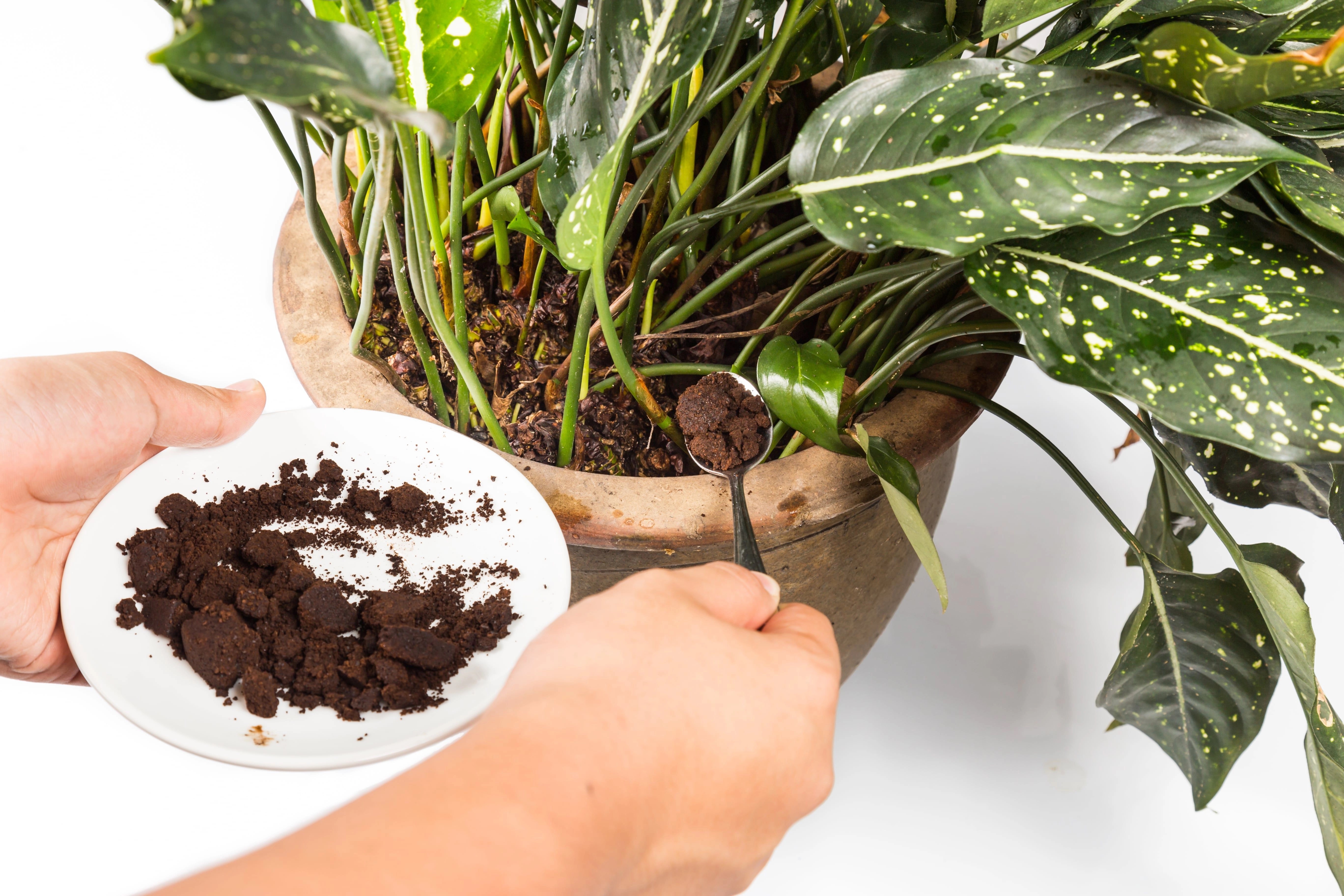
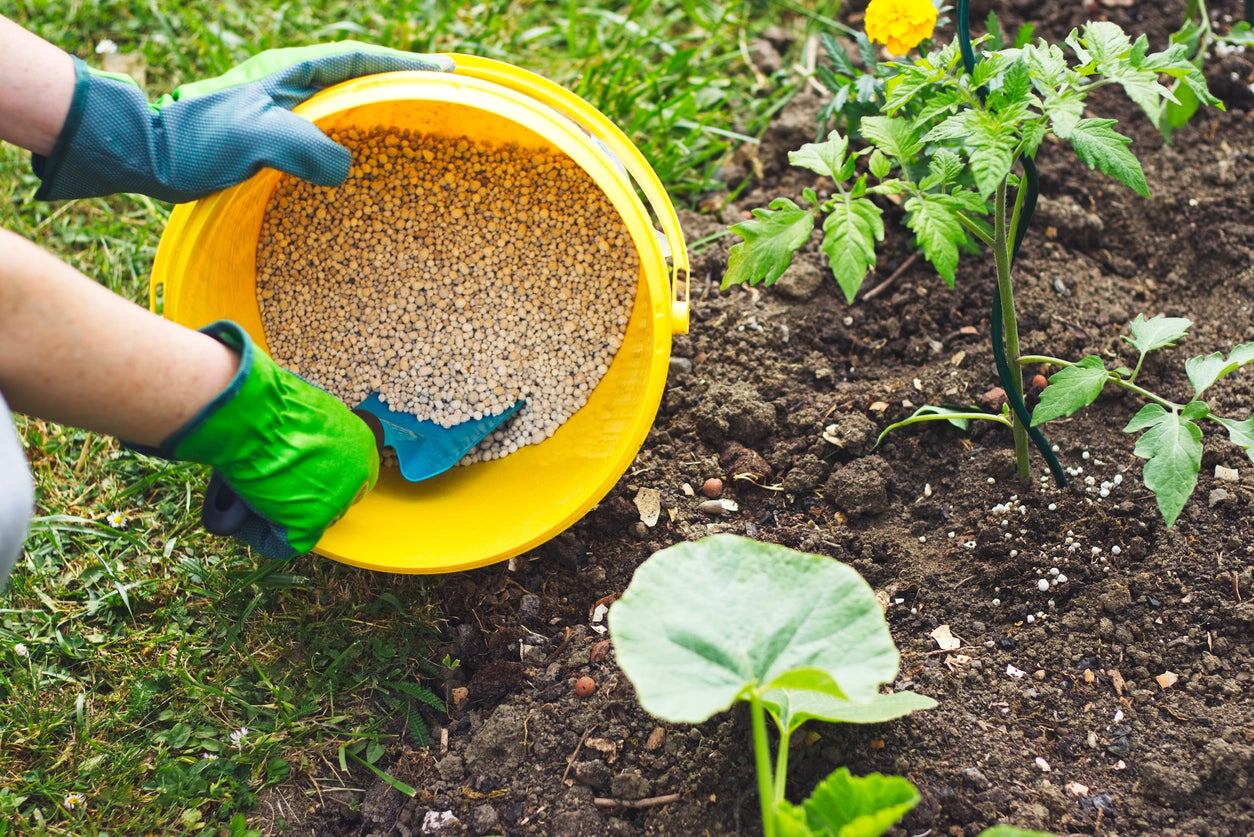
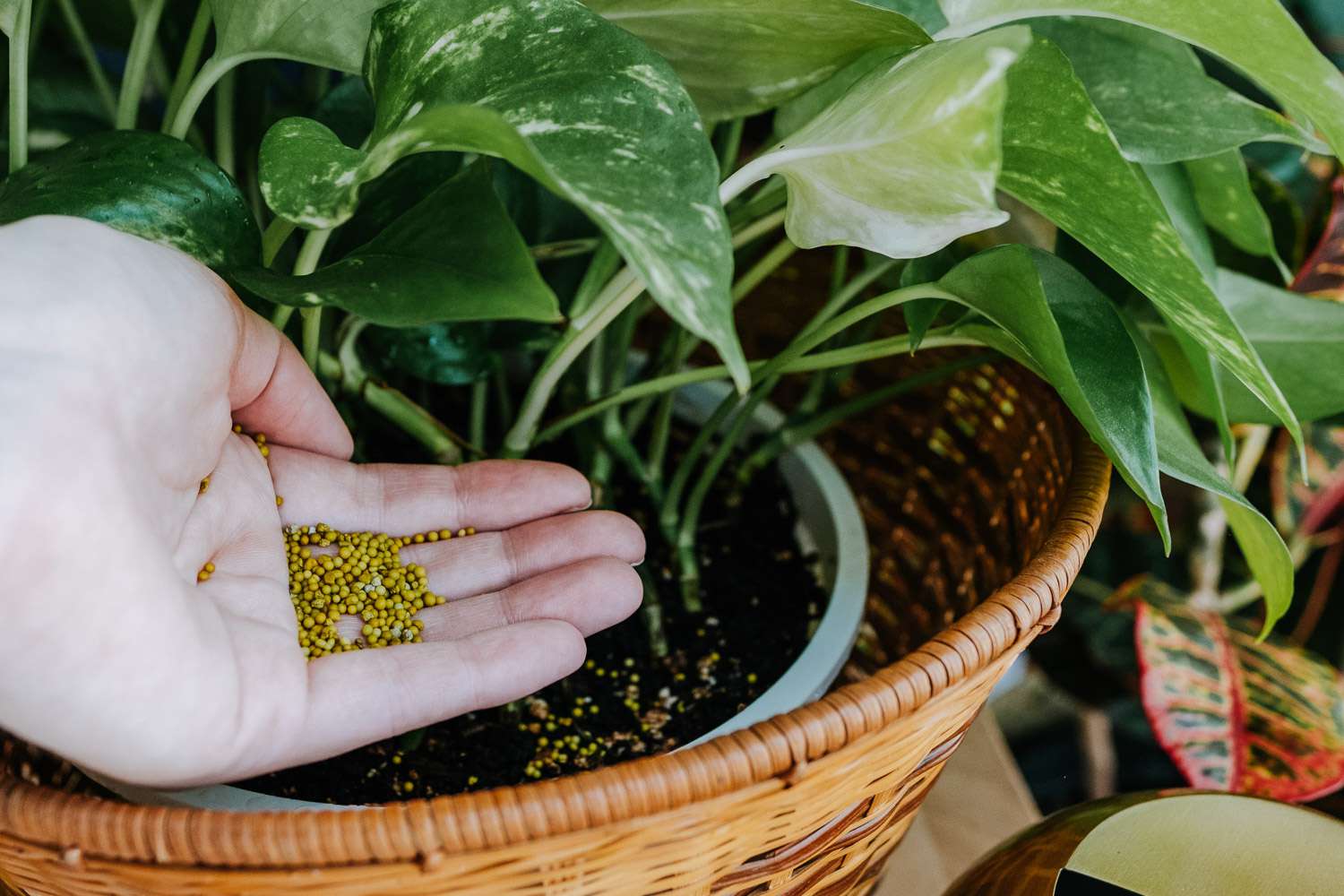
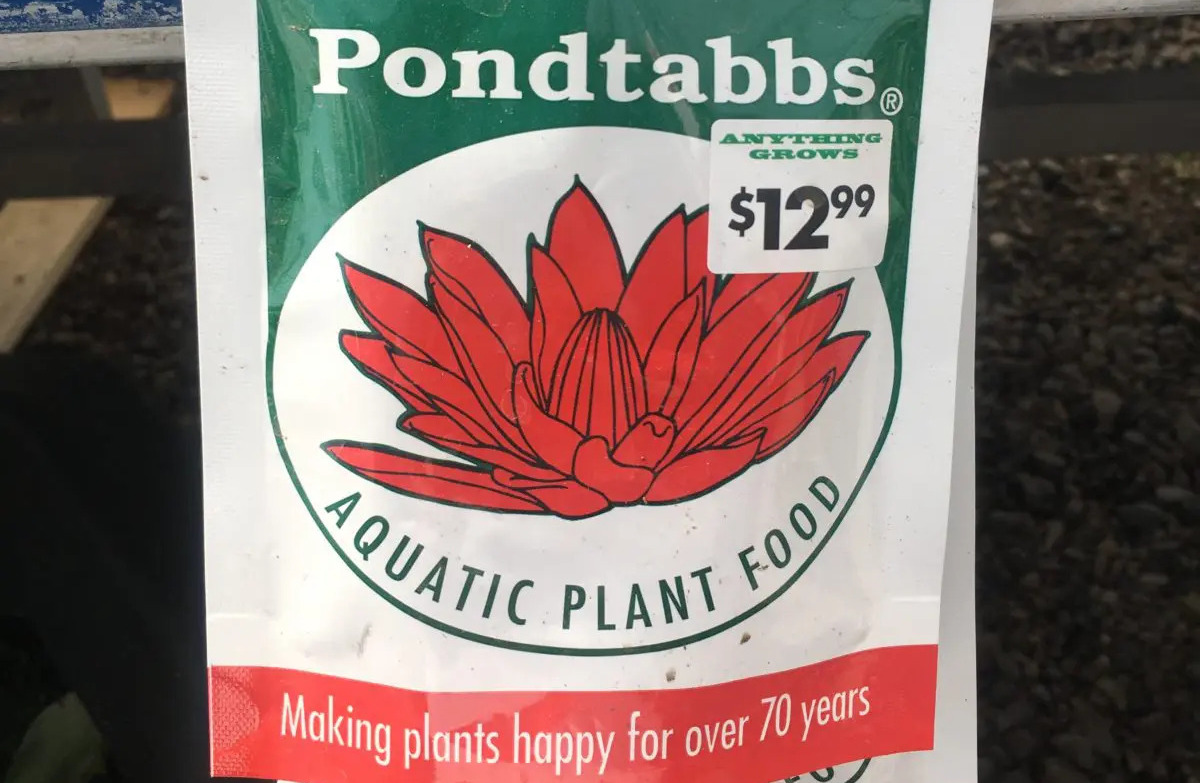

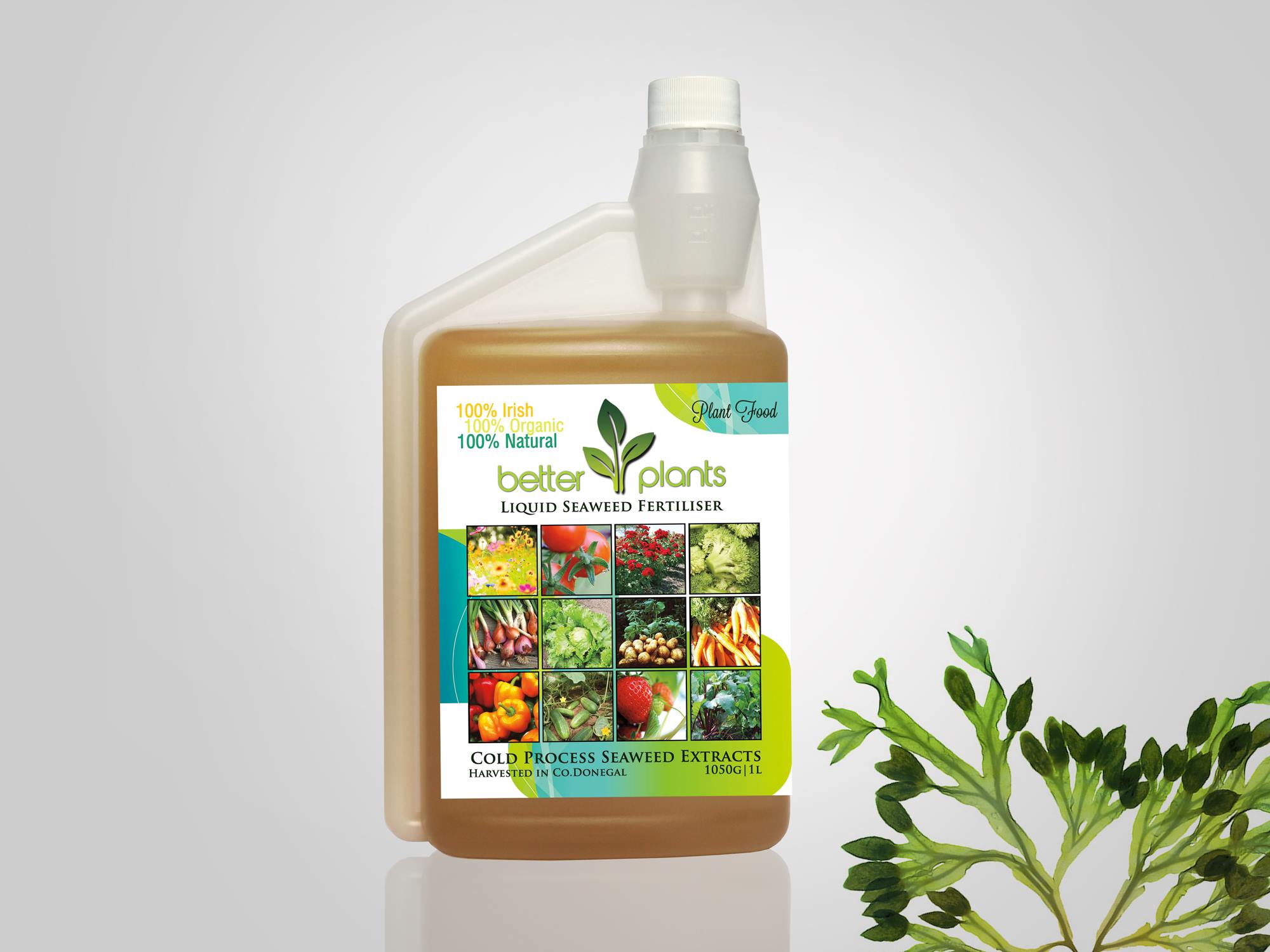
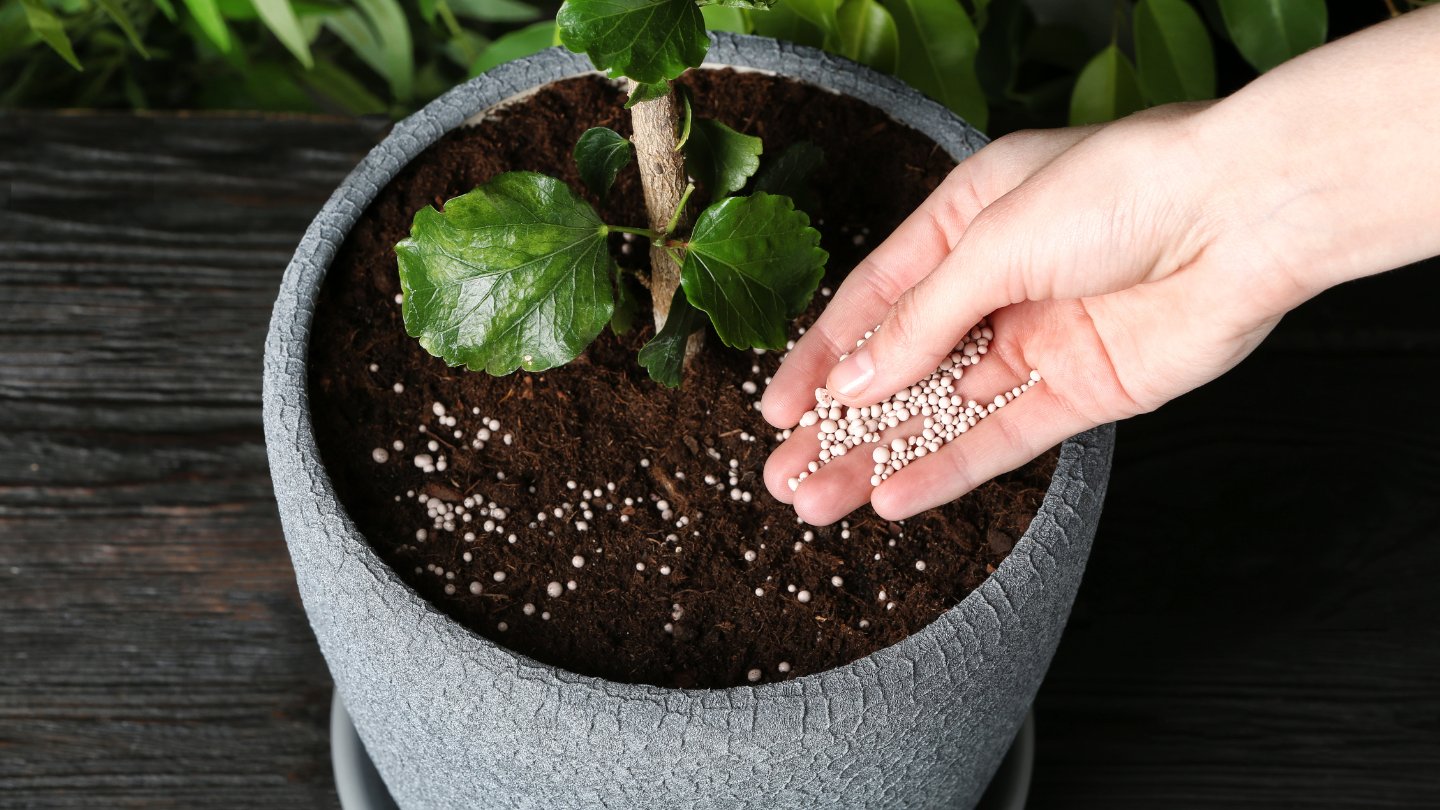
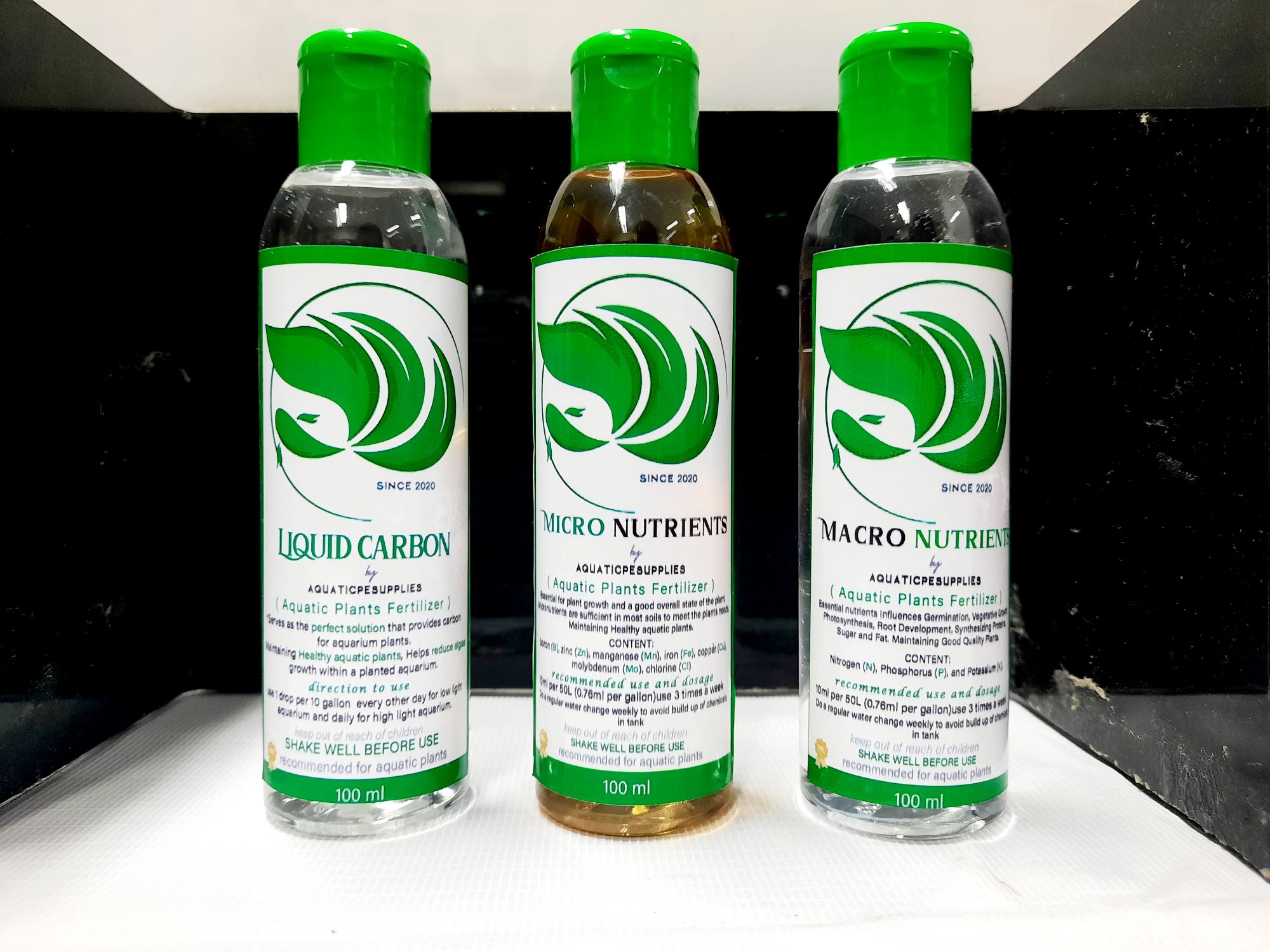


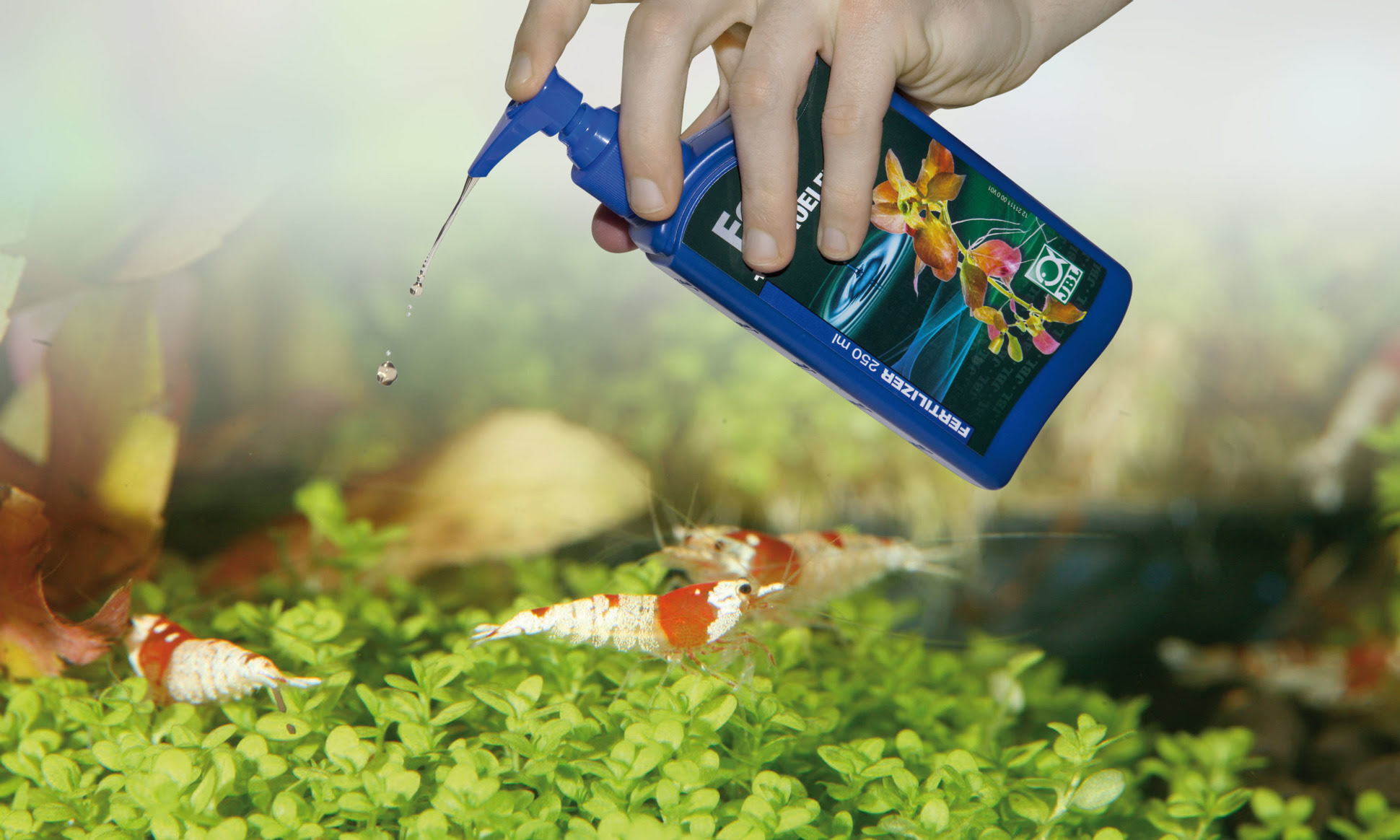
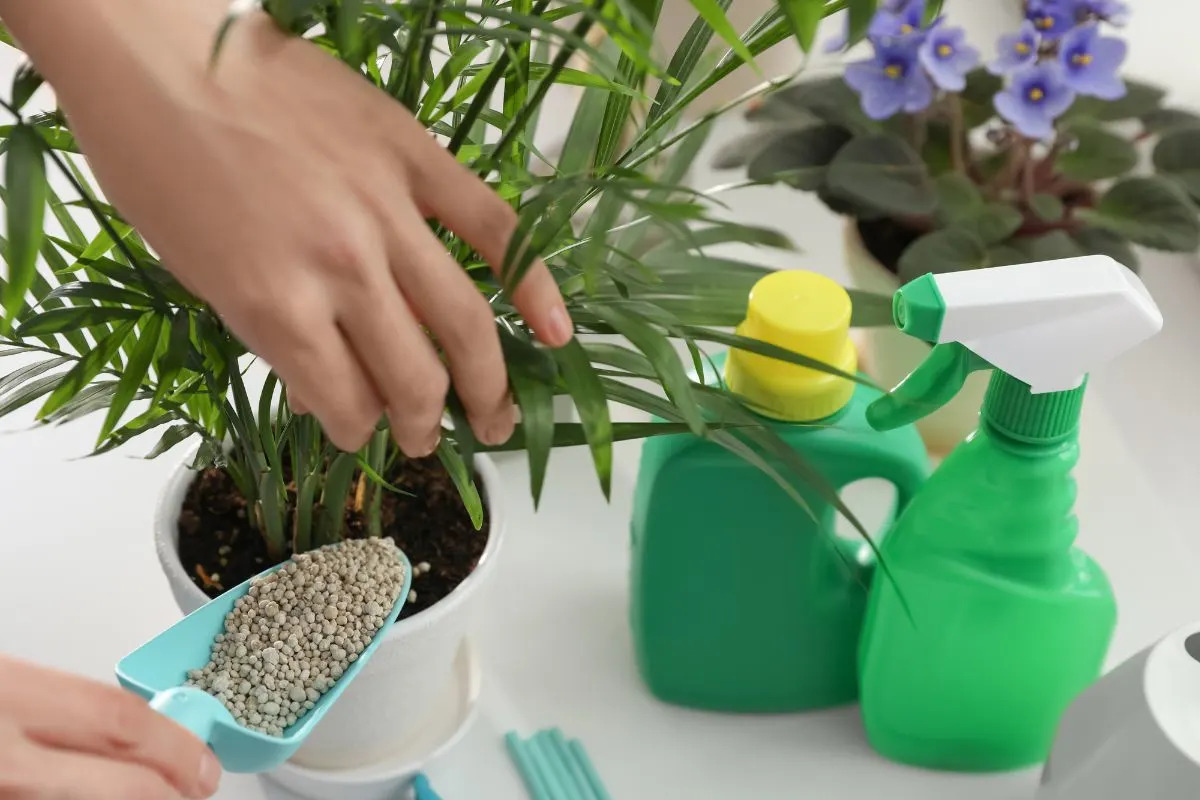
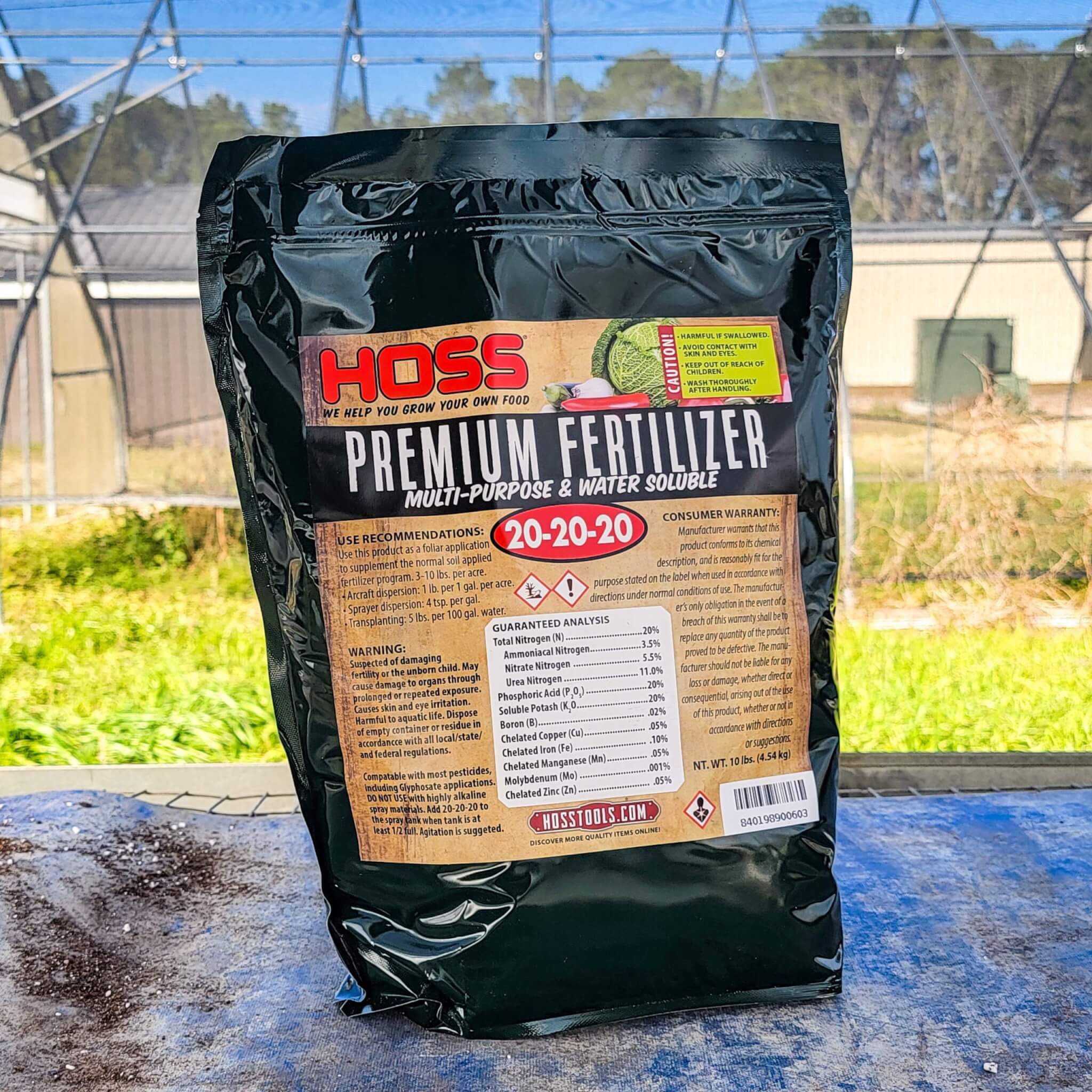


0 thoughts on “What Does Plant Fertilizer Do”